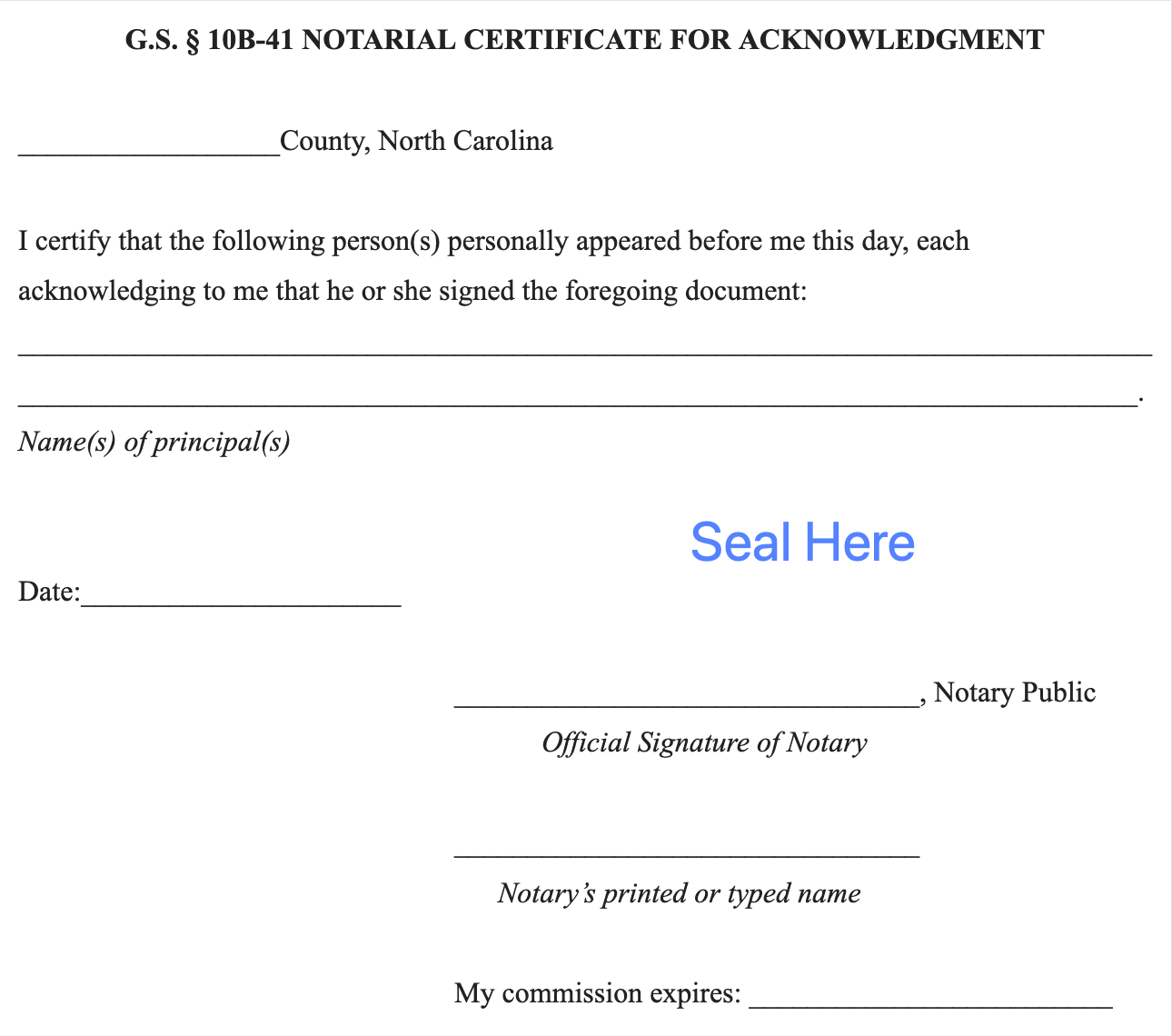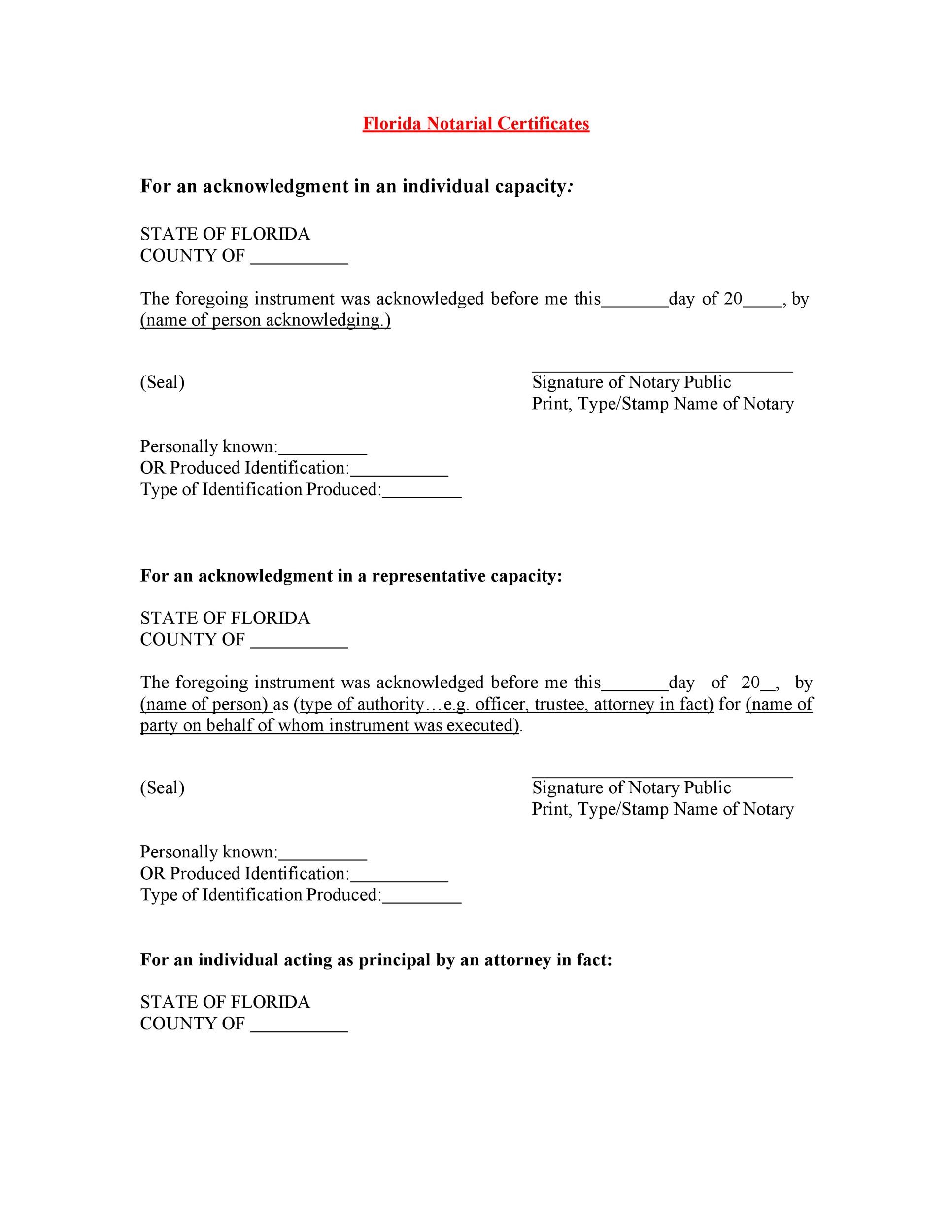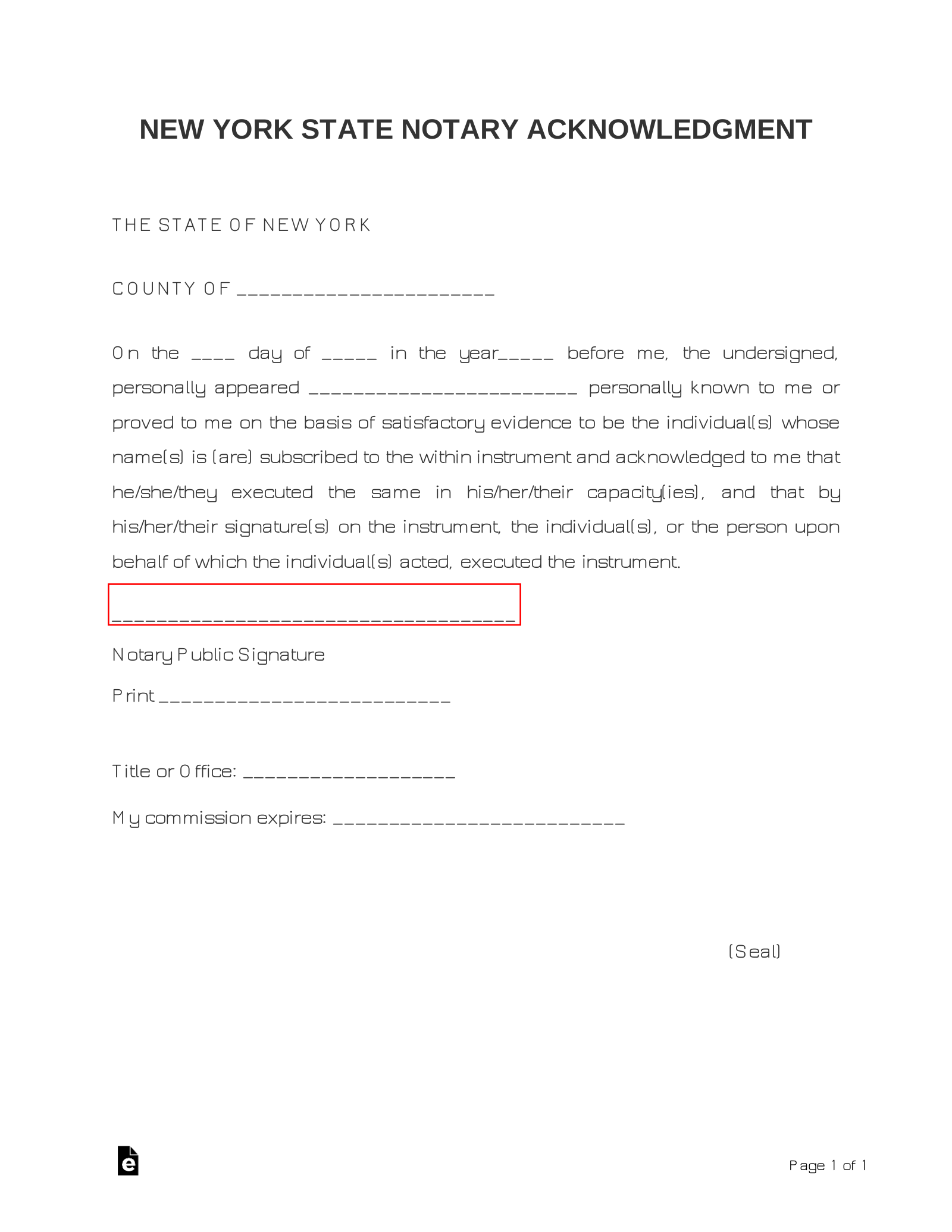The Notary Public Notarized Document Sample That Changes Everything: Understanding the Power of Authentication
The world of legal and financial transactions hinges on trust and verification. At the heart of this system lies the notary public, a crucial figure whose seal and signature transform ordinary documents into legally binding instruments. But what exactly is a notarized document, and why is a sample so important? This article delves into the significance of notarized documents, explores the elements of a typical sample, and clarifies the profound impact of proper notarization on various aspects of life.
What Makes a Document “Notarized”?
A notarized document is simply a document that has been verified by a notary public. This process, known as notarization, involves the notary:
- Verifying the Signer’s Identity: The notary confirms the identity of the person signing the document, typically by examining a government-issued photo ID (driver’s license, passport, etc.).
- Witnessing the Signature: The notary watches the signer sign the document.
- Completing a Notarial Certificate: The notary attaches a certificate that includes their signature, seal, and commission information, officially verifying the document’s authenticity.
- Recording in a Journal (in most cases): Most states require notaries to keep a detailed journal of their notarizations. This provides a record of the transaction.
This process adds a layer of security and legal credibility, making the document admissible as evidence in court and preventing potential fraud.
Decoding a Sample Notarized Document: Key Elements to Recognize
Understanding the anatomy of a notarized document sample is crucial for recognizing valid notarization. Here’s a breakdown of the essential components:
The Document Itself: This is the core text that needs notarization. It can be anything from a real estate deed to a power of attorney.
The Notary Certificate: This is the attached section completed by the notary. It usually includes:
- State and County: Where the notarization took place.
- Date: The date of notarization.
- Signer’s Name: The full name of the person who signed the document.
- Acknowledgment Clause (or Jurat): This specifies the type of notarization performed (e.g., acknowledgment of signature or oath/affirmation).
- Notary’s Signature: The notary’s official signature.
- Notary’s Printed Name: Printed legibly below their signature.
- Notary’s Commission Expiration Date: The date their notary commission expires.
- Notary Seal: An embossed or stamped impression containing the notary’s name, commission number, and jurisdiction (usually the state).
The “Official” Language: The notary certificate uses specific language that is legally mandated by the state. This language varies slightly from state to state.
Example of a Basic Acknowledgment Clause:
“On [Date], before me, [Notary’s Name], personally appeared [Signer’s Name], known to me (or proved to me on the basis of satisfactory evidence) to be the person whose name is subscribed to the within instrument and acknowledged that he/she executed the same.”
Why Notarization Matters: Real-World Applications
The importance of notarized documents extends across various facets of life, providing crucial protection and ensuring the validity of important transactions. Here are some key examples:
- Real Estate Transactions: Deeds, mortgages, and other property documents are almost always required to be notarized to ensure proper transfer of ownership.
- Legal Documents: Powers of attorney, wills, and trusts often require notarization to be legally binding and enforceable.
- Financial Transactions: Loan agreements, affidavits, and other financial documents often need notarization for verification.
- International Documents: Documents intended for use in foreign countries often require notarization and may also need further authentication like an Apostille or certification.
- Business Agreements: Contracts and other business-related documents can be notarized to add an extra layer of security and validity.
The Impact of a Properly Notarized Document: Beyond Simple Verification
The simple act of notarization has far-reaching implications:
- Prevents Fraud: Notarization helps deter fraud by verifying the identity of the signer and ensuring the document is executed willingly.
- Adds Legal Weight: A notarized document carries greater legal weight and is more likely to be accepted as evidence in court.
- Provides Proof of Execution: It provides concrete proof that a document was signed and acknowledged by the stated individual.
- Facilitates Smooth Transactions: Notarization streamlines transactions by providing assurance and reducing the potential for disputes.
- Offers Peace of Mind: Knowing a document is properly notarized provides peace of mind and confidence in the validity of the transaction.
Conclusion: The Cornerstone of Trust and Authenticity
The sample notarized document serves as a tangible representation of trust and authenticity. Understanding its components and the process of notarization is vital for anyone navigating legal, financial, or personal matters. From protecting property rights to ensuring the validity of legal agreements, the notary public and the notarized document play an indispensable role in our society. By recognizing the significance of this process, individuals and businesses can navigate transactions with confidence and security, knowing their documents are legally sound and protected.
Frequently Asked Questions (FAQs)
What is the difference between an acknowledgment and a jurat?
- An acknowledgment is used to verify that the signer willingly signed the document. A jurat is used when the signer is swearing under oath or affirmation that the contents of the document are true. The notary administers the oath/affirmation.
Can a notary public notarize a document for a family member?
- It depends on the state’s laws. Some states allow it, while others have restrictions or prohibitions. It’s important to check the specific state’s notary laws.
What if the signer doesn’t have a valid photo ID?
- The notary may be able to use other forms of identification, such as a credible witness, depending on state regulations. The notary must be satisfied with the signer’s identity.
Can a notary public notarize a document that is blank?
- No. A notary public cannot notarize a document that is blank or incomplete, as they cannot verify the contents. The document must be fully prepared and signed by the signer in the notary’s presence.
How long is a notary commission valid?
- The length of a notary commission varies by state, typically lasting four to ten years. The expiration date is clearly stated on the notary’s certificate.




